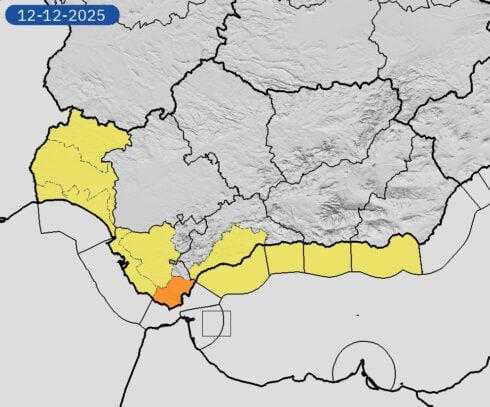AQUATIC birds were at an all time low in Doñana National Park in January 2024, a new report has revealed.
The Doñana Biodiversity Report showed the first month of 2024 registered the lowest number of birds since records began in 1973.
Low rainfall and high temperatures are to blame for the decline, with just 43,989 birds visiting the park in the first month of 2024.
January is historically the busiest month for the park, but last year it marked an all time low for the first month of the year.

Photo: Doñana National Park/Facebook
Despite this, experts are hopeful things will get better thanks to an agreement between the Junta and the central government to maintain Doñana.
“I’m optimistic compared to how we were three years ago. Aquatic systems are resilient and things will improve with the modification of forest planning and subterranean water use,” said report director, Elroy Revilla.
Just 176mm of water accumulated by January 2024 meant the marshland was ‘practically dry’, forcing birds to the nearby Veta La Palma marshes.
However, just 30% of birds took refuge there and though spring rain gave some respite, high summer temperatures quickly dried up Doñana yet again.
Last year was the second hottest year on record for the nature reserve, with an average temperature of 18.79C.
The marshlands were also flooded less than usual, with just 35.82 days compared to the average 62.75.
This saw the Santa Olalla lake dry up for the third year running, allowing scientists to confirm that permanent lakes have now disappeared from Doñana.
“I have faith that if we manage to maintain this large and complex park, the waterbirds will not abandon it, because they have the ability to identify the best nesting sites,” said Revilla.
Conservations are also concerned about flora and fauna struggling to survive in the dry conditions.
The European pond turtle was not detected in 2024 and only two Spanish pond turtles were spotted.
Wild boar population also reached an all-time low last year. Rabbits have also been in decline since 2013, a blow to the park’s predators.
An endangered species of plant, hollow chicory is a big concern for scientists as it only grows in Doñana.
It has not been detected in six of the 23 spots it is normally found due to water scarcity and consumption by wild herbivores.
Click here to read more Andalucia News from The Olive Press.








